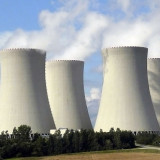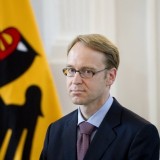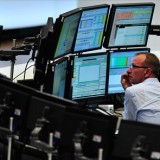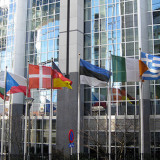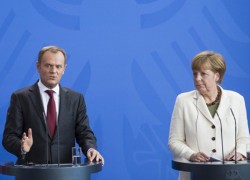
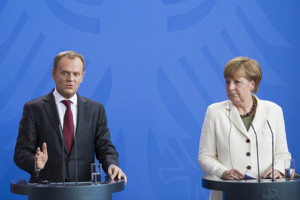 EC should be in solidarity and to reduce its dependence on energy suppliers, and the parties must be able to rely on their neighbors (by linking markets) when faced by disruptions of supply. This concept provides for the creation of the Energy Union, presented today by the Commissioner for Energy Union Maroš Šefčovič and Commissioner of the Environment and Energy Miguel Arias Cañete.
EC should be in solidarity and to reduce its dependence on energy suppliers, and the parties must be able to rely on their neighbors (by linking markets) when faced by disruptions of supply. This concept provides for the creation of the Energy Union, presented today by the Commissioner for Energy Union Maroš Šefčovič and Commissioner of the Environment and Energy Miguel Arias Cañete.
In the center of the energy Union are citizens also pointed out the two Commissioners. Prices paid they should be affordable and competitive. Energy should be secure and stable, more competition and more choice for consumers. The Energy Union is a project that will bring together 28 European energy markets would make Europe less energy dependent and will give investors the predictability so they need to create jobs and growth, was adamant Šefčovič.
The new Union will pledge more and increased transparency when EU countries enter into agreements to purchase electricity or gas from third countries, writes the press office of the European Commission. The Energy Union will allow free movement of energy across borders, but in strict application of the rules. One such example is the separation of the energy sector and the independence of regulatory bodies, if necessary, take legal action. It is envisaged that a thorough review of state intervention in the internal market and the gradual removal of subsidies harmful to the environment.
Energy Union is a transition to a low-carbon, which is formed so that it is durable. This will happen by ensuring that domestic energy production - including renewables - can easily and effectively be borne by the grid, to contribute to EU leadership in technology through the development of next generation technologies for renewable energy sources and the Union to become a leader in the field of electric mobility, while European companies expand their export and compete successfully in the global market. Energy Union is one of the most ambitious projects of the Commission “Junker”. Statistics show that the EU is the largest energy importer in the world - about 400 billion EUR per year to cover 53% of its consumption. At the same time wholesale price of electricity in Europe with 30% and natural gas - 100% higher than in USA.

